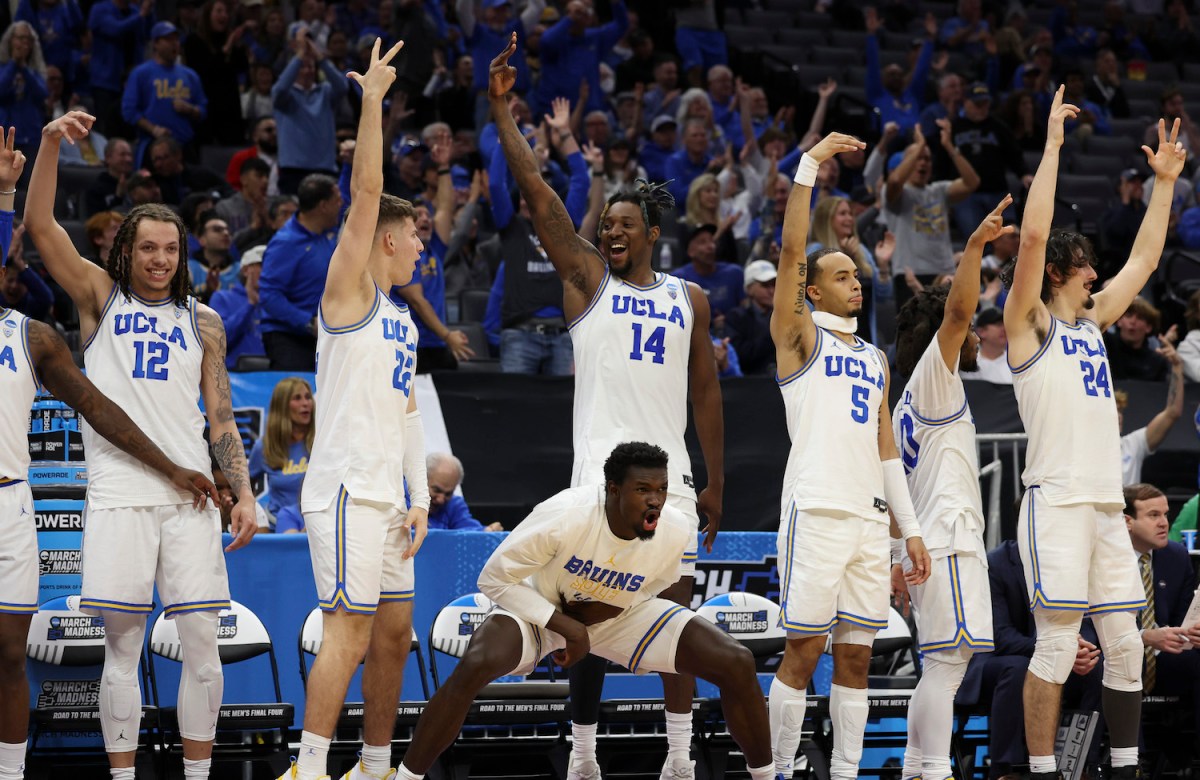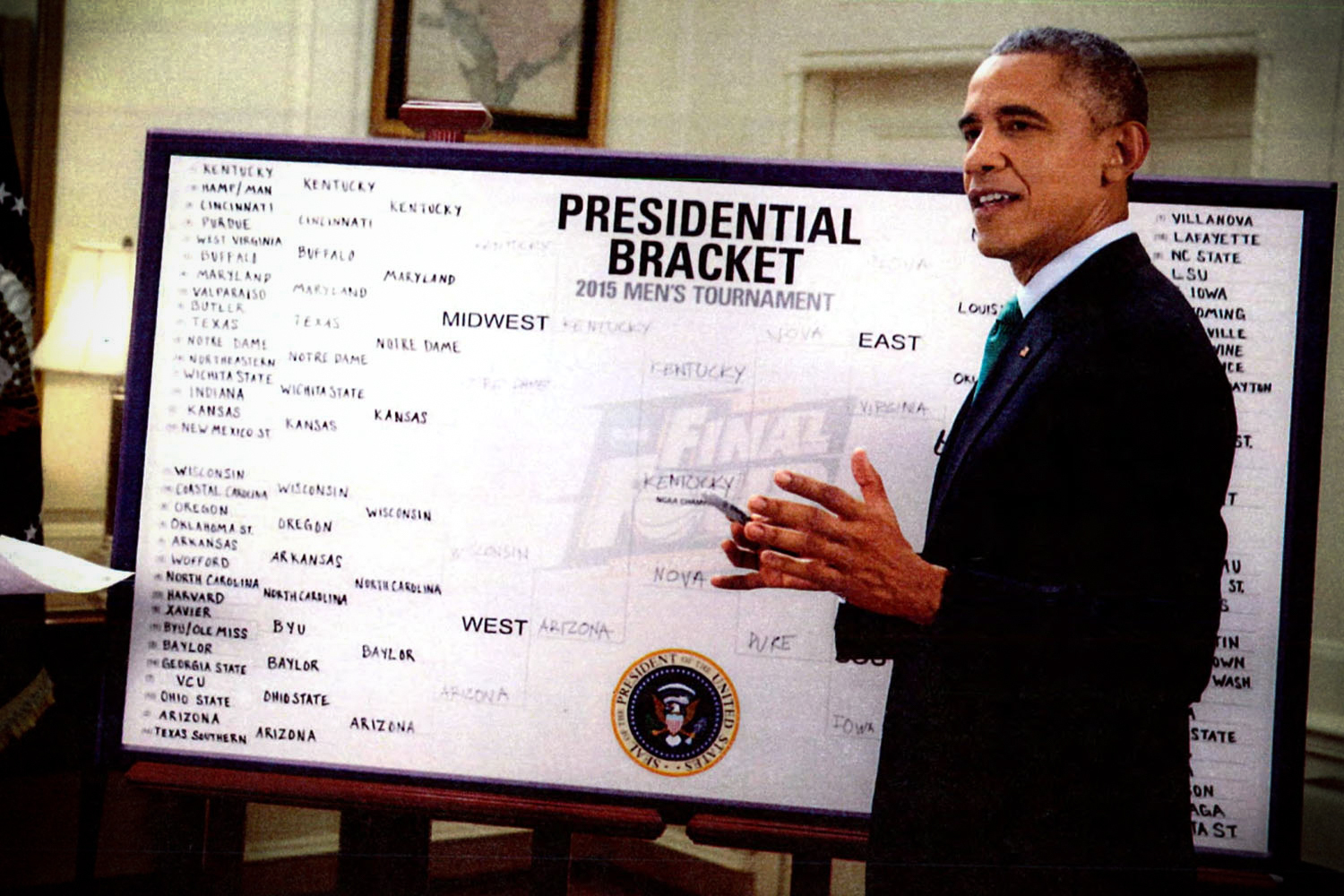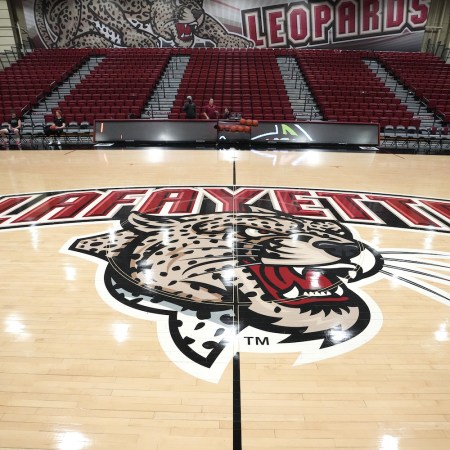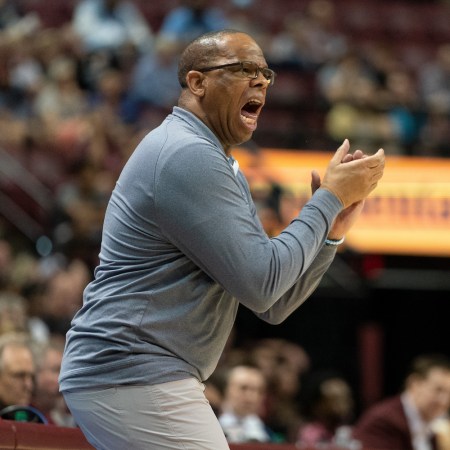Who has time for TPS reports when March Madness brackets need to be filled out?
Loss of worker productivity from office pool distractions during the NCAA Men’s Basketball Tournament may cost employers $17.3 billion this year, according to estimates from an outplacement and career transitioning firm based in Chicago. The figure is based in part on 2018 survey data compiled by QuickBooks that said 48% of employees in the U.S. devote time from their workday to complete a March Madness bracket.
“That would mean 76,951,200 workers are participating in March Madness activities while at work,” wrote Challenger, Gray & Christmas, the Chicago firm, in a blog post. “Using this figure multiplied by the average hourly wage, the games could cost employers $2.55 billion per hour.”
The 2023 NCAA Men’s Basketball Tournament Will Be the Most Amateur in Years. We Can’t Wait.
College basketball shouldn’t be an all-out showing of future NBA stars. If you don’t agree, you’re missing the point.The firm also considered 2019 data from an OfficeTeam survey, which found that workers spend 25.5 minutes per workday on March Madness-centric activities during the tournament.
“If that holds true this year, across the 16 workdays between selection Sunday on March 12 and the championship game on Monday, April 3, workers would spend 408 minutes, or 6.8 hours, on March Madness-related activities at work,” the firm added. “That would mean the tournament could cost employers $17,314,913,414.40.”
Based on math InsideHook just did, a person could buy 867,046,240 Wilson-produced NCAA Final Four-edition basketballs from Walmart with the amount of money American companies lose due to March Madness office pool shenanigans — that’s not including tax or shipping costs.
The $17.3 billion estimate is $1 billion higher than last year’s figure, primarily due to wage increases. Still, Challenger acknowledged in its blog post that things like March Madness bracketology discussion around the water cooler has its benefits.
“March Madness is a great way to connect teams, especially in the world of fully remote and hybrid work,” said the awesomely-named Andrew Challenger, a Senior VP of Challenger, Gray & Christmas. “Creating events around March Madness, whether watching games or filling out brackets together with incentives for the winner, makes the workplace more exciting, for both in-person and remote teams.”
However, employers could promote this kind of camaraderie without taking such steep hits to productivity. Among other suggestions, the firm said company leaders might consider choosing “one game the entire office can watch live at the same time” and giving workers designated times to watch games “in the break room with colleagues.”
The firm also said companies could leverage March Madness to build morale by offering “an incentive for workers to fill out and share their brackets, such as a charitable donation and increase the amount if a large percentage of the company participates.” Leaders could also dish out “individual prizes for top brackets, like gift cards, lunches, coffees, experience gift[s], or even PTO.” They can even “[e]ncourage workers to wear team gear to both in-person and remote meetings.”
While the NCAA Men’s Basketball Tournament cuts into our country’s GNP on the employee-productivity side of the coin, Front Office Sports pointed out the games also add to it.
“Television rights held by CBS and TBS bring in $771 million annually on a 14-year deal signed in 2010,” the publication wrote. “That accounted for the bulk of the $1.1 billion the NCAA made last year on the tournament, with sources like ticket sales and corporate sponsorships added in.”
Furthermore, FOS added, the NCAA agreed to an eight-year TV-rights extension with CBS and TBS in 2016, running up to 2032, at an annual rate of $1.1 billion.
You can use those latter numbers in an argument with your supervisor when they say they’re gonna need you to come in on a Saturday, and maybe a Sunday, too, to make up for workday time spent on your bracket.
The Charge will help you move better, think clearer and stay in the game longer. Subscribe to our wellness newsletter today.


















